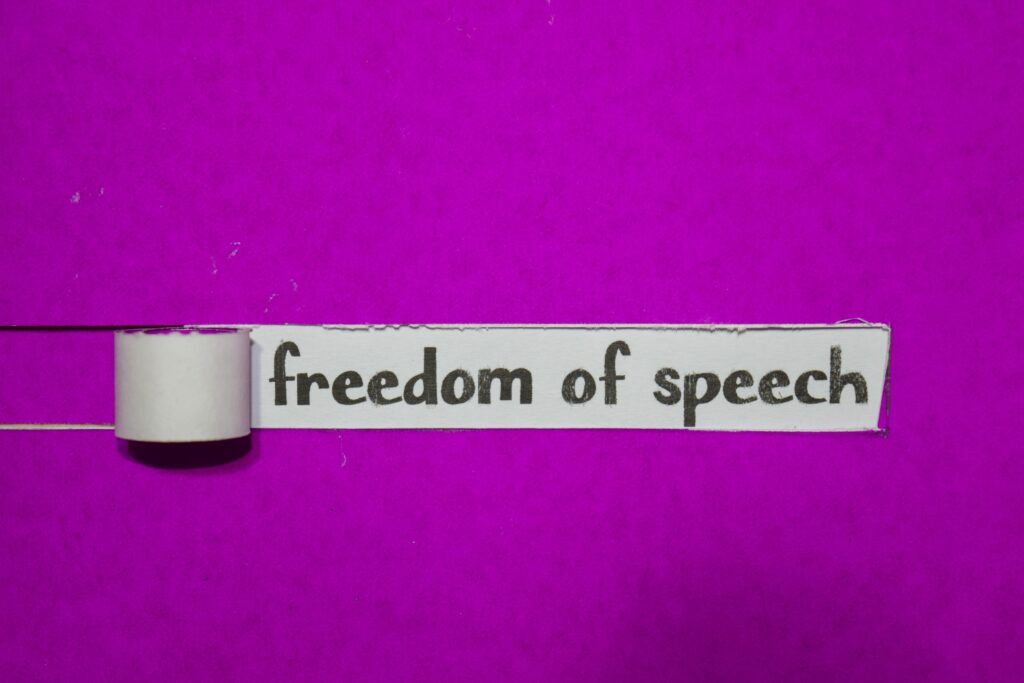The concept of “woke” femininity has gained significant traction in recent years, often celebrated for promoting awareness and inclusivity. However, like any movement, it has its pitfalls. In this article, we explore the darker aspects of “woke” femininity, highlighting why it can sometimes be toxic. Here are 13 reasons that delve into its complexities and unintended consequences.
1. Promotes a Monolithic View of Femininity
“Woke” femininity often promotes a single, narrow view of what it means to be a woman. This approach can be exclusionary, failing to recognize women’s diverse experiences and identities. By insisting on one correct way to be “woke,” it marginalizes those who do not conform to this specific narrative. This lack of inclusivity can lead to feelings of alienation and resentment among those who feel their voices and experiences are invalidated.
2. Encourages Performative Activism
In the age of social media, “woke” femininity can sometimes devolve into performative activism. This occurs when individuals or brands engage in activism primarily to boost their image rather than to effect real change. The emphasis on outward displays of wokeness can overshadow genuine efforts to address systemic issues. As a result, important conversations and actions may be reduced to mere trends, lacking the depth and commitment needed for true progress.
3. Creates Unrealistic Expectations
The pressure to constantly be “woke” and perfectly aligned with every social justice cause can be overwhelming. This expectation can create a toxic environment where individuals feel they must always be politically correct and flawless in their activism. The fear of making mistakes or being publicly shamed can stifle meaningful dialogue and personal growth. This atmosphere of perfectionism is unsustainable and can lead to burnout and disillusionment.
4. Polices Thought and Speech
Woke femininity often involves strict policing of language and ideas. While it’s important to be mindful of how our words affect others, the intense scrutiny can lead to a culture of fear and self-censorship. This policing can stifle open and honest discussions, preventing people from expressing their true thoughts and opinions. In the long run, this can hinder personal development and the exchange of diverse perspectives that are crucial for societal progress.
5. Neglects Individuality
A key issue with woke femininity is that it can overlook individual experiences and identities in favor of broader, generalized narratives. This approach can make people feel as though they must fit into predefined categories to be accepted within the movement. By neglecting individuality, it risks perpetuating the very homogenization it seeks to dismantle, thereby undermining the core values of diversity and inclusion. All of this combined can be very counter-productive.
6. Can Be Exclusionary
Ironically, a movement that aims to be inclusive can sometimes be exclusionary. Woke femininity can alienate those who don’t subscribe to its specific ideologies or who question its principles. This exclusion can occur across various intersections, including race, class, and political beliefs. By creating an ‘us versus them’ mentality, it can fracture communities and hinder collaborative efforts toward common goals.
7. Focuses on Virtue Signaling
Praying hands emoji, anyone? Virtue signaling is a prevalent issue within woke femininity, where individuals or organizations display their wokeness to gain social approval. This practice often prioritizes appearances over substantive action, leading to superficial commitments to social justice. The focus on outward displays can detract from genuine efforts to address underlying issues, rendering the movement more about image than impact.
8. Trivializes Serious Issues
In its quest to address numerous social issues, woke femininity can sometimes trivialize the very problems it aims to solve. By spreading itself too thin across various causes, it can dilute the seriousness of individual issues, making them seem less urgent or significant. This can undermine efforts to create real, lasting change and reduce complex social problems to mere talking points or social media trends. While these issues are not easy to address, it is best to focus on the most productive discourse and most important topics.
9. Promotes Cancel Culture
Cancel culture, closely associated with woke femininity, involves publicly shaming and ostracizing individuals for perceived transgressions. While holding people accountable is important, cancel culture often lacks nuance and forgiveness. It can discourage people from learning from their mistakes and growing. The focus on punishment rather than education and rehabilitation can create a hostile environment that discourages open dialogue and constructive criticism.
10. Imposes Guilt and Shame
Woke femininity can sometimes impose feelings of guilt and shame on those who do not or cannot conform to its standards. This can be particularly harmful to individuals who are already marginalized or struggling. Instead of fostering a supportive environment for growth and understanding, it can create a culture of blame and self-loathing. This approach is negative and can lead to further division and resentment.
11. Overemphasizes Identity Politics
While identity politics are an important aspect of social justice, an overemphasis on them can be divisive. Woke femininity often prioritizes identity over common humanity, which can lead to an ‘us versus them’ mentality. This can fragment social movements and make it difficult to build broad-based coalitions necessary for systemic change. It can also alienate potential allies who may not fully understand or agree with every aspect of the movement.
12. Discourages Nuanced Thinking
Woke femininity can discourage nuanced thinking by promoting black-and-white views on complex social issues. This binary approach can oversimplify problems and ignore the intricacies of human behavior and societal structures. By discouraging critical thinking and open debate, it can stifle innovation and the development of more effective solutions to social issues. Embracing complexity is crucial for meaningful progress.
13. Risks of Becoming a Cultural Fad
There is a danger that woke femininity could become just another cultural fad, losing its impact and significance over time. When social justice movements become trendy, they risk being co-opted by mainstream culture and stripped of their radical potential. This commodification can lead to a superficial engagement with important issues, where the focus shifts from genuine activism to mere fashion statements.
A More Balanced Approach
While woke femininity aims to promote awareness and inclusivity, it has several problematic aspects that can be toxic. By understanding and addressing these issues, we can strive for a more balanced and effective approach to social justice. It’s crucial to foster an environment that values genuine activism, critical thinking, and the diverse experiences of all individuals. Share and comment about this topic and let us know your stance.

Stephen began his career as a Research Assistant at a reputable middle-market private equity firm, where he honed his skills in market research, financial analysis, and identifying investment opportunities. He then transitioned to full-time financial writing focusing on small-cap biotech innovation and digital payment solutions. Today, Stephen is a value-based retail investor and novice baseball statistician.

















Speak Your Mind